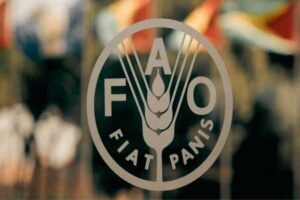The Project ‘Increasing climate resilience measures in the agro-ecosystems of the dry corridor of El Salvador’ (Reclima) stands out in this regard, as it is aimed at addressing the reduction in yields of the country’s main crops resulting from recurring droughts and high temperatures caused by climate change.
Reports from specialized organizations such as the FAO itself indicate that the country maintains a clear dependence on the import of food such as cereals, fruits, vegetables and others to satisfy internal demands, which forces the establishment of short and medium-term strategies to face a future serious problem.
El Salvador is part of the Central American Dry Corridor and is considered one of the most vulnerable countries, whose agriculture and wetlands, among other environments, are impacted by climate change, causing greater desertification, salinity and water stress, weakening the conditions of life of the population.
The project, which has been implemented for almost two years now, is directed to the resilience of rural families to climate change in 114 municipalities of El Salvador (43.5 percent of the country) through the implementation of agricultural practices, sustainable development and restoration of ecosystems for the provision of environmental services.
Projections from the Economic Commission for Latin America and the Caribbean (CEPAL) showed a decade ago that Central America would experience reductions in water availability between 35 percent and 63 percent, with El Salvador being the country with the greatest impact (50-82 percent).
jrr/llp/lam/lb










